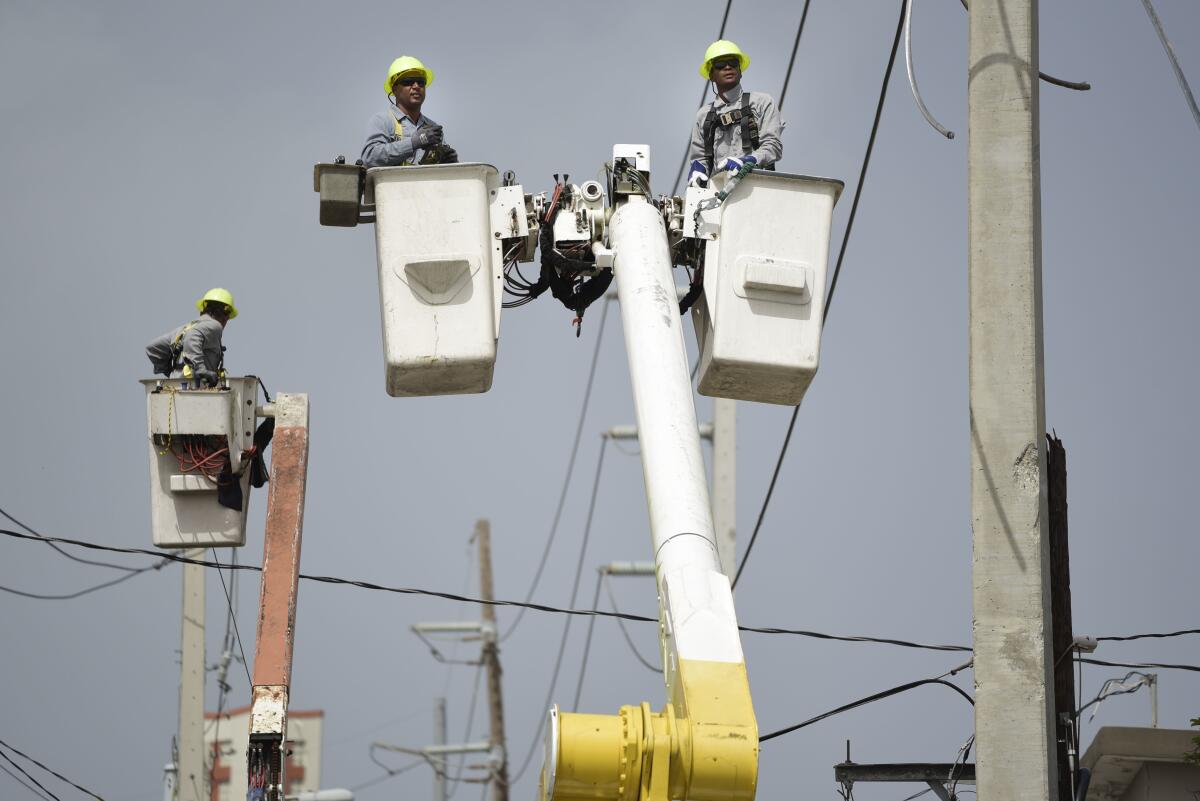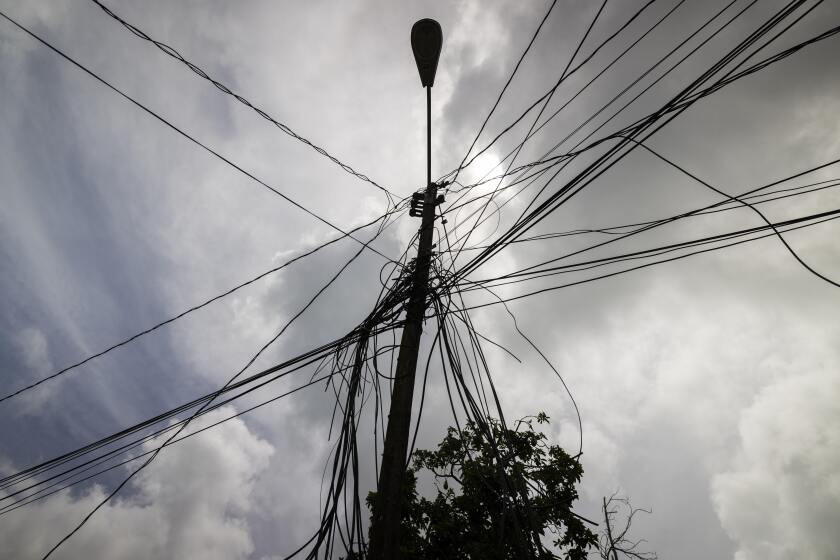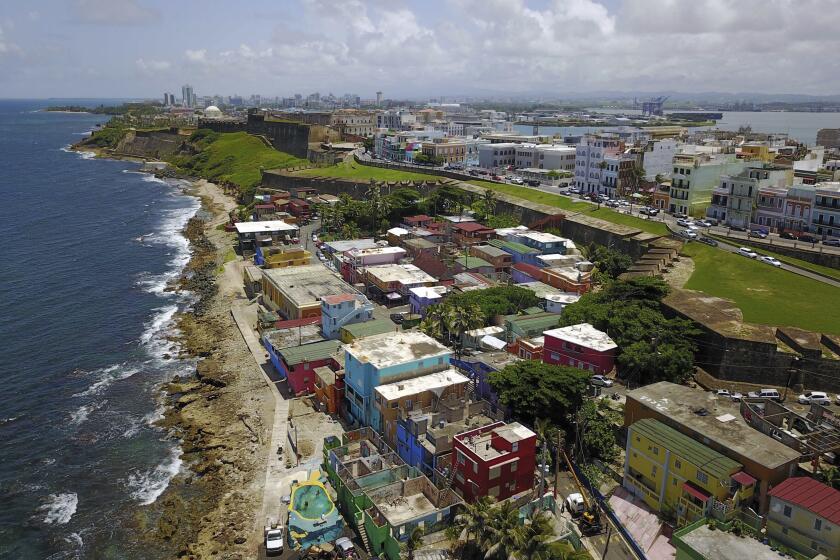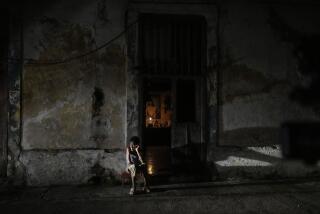Puerto Rico approves electricity rate increase weeks after massive blackout

SAN JUAN, Puerto Rico — Puerto Ricans were hit Monday with a 4.6% increase in electricity rates through September, in a blow to 3.2 million people who struggle with chronic power outages as the U.S. territory’s grid keeps deteriorating.
For clients who consume 800 kilowatt hours, the new rate will be 23.77 cents per kwh, compared with the previous 22.72 cents, according to Puerto Rico’s Energy Bureau. That’s 41% more than the average U.S. electricity rate, which is 16.88 cents per kwh, according to the U.S. Energy Information Administration.
The increase will affect 1.5 million households connected to the grid, which continues to crumble amid a lack of maintenance following Hurricane Maria in 2017. In June, a massive blackout left over 340,000 customers in San Juan and nearby cities without power during a heat wave.
The Energy Bureau said the new rates were because of higher fuel costs. The bureau’s president, Edison Avilés Deliz, said the agency had struck a balance between responsible management and excessive prices for the consumer.
The hike comes after Luma Energy, the private company that took the reins from Puerto Rico’s Electric Power Authority in 2021, said it would suspend $65 million worth of maintenance and improvement projects on the island.
A power company in Puerto Rico has restored electricity to most areas affected by a massive outage that hit the U.S. territory this week.
The island’s power authority is currently undergoing bankruptcy proceedings through a debt-restructuring plan with the fiscal control board overseeing Puerto Rico’s finances. The electrical utility’s debt is the largest within the broader $73-billion bankruptcy case filed by the Puerto Rican government, following decades of financial mismanagement.
Luma’s expenses have faced heavy criticism from lawmakers and officials in the island’s power authority. In a letter to the federally appointed fiscal board last Thursday, Josué Colón, the executive director of the electrical utility, described Luma’s employee salaries as “exorbitant.”
Luma, a U.S. and Canadian joint venture, said in a statement that parent companies “have invested in sending world-class professionals hired at 11 utilities across the United States to build programs on Luma and lead grid transformation.”
Also Monday, the federal control board that oversees Puerto Rico’s finances announced it has approved a $13-billion budget for the U.S. territory. The budget represents a 3% increase from last year’s and goes into effect Monday.
Department of Energy to spend $440 million to install solar panels on Puerto Ricans’ homes to counter the island’s struggles with its electric grid.
The board also approved the $3.7-billion budget for the island’s power authority.
The largest portion of the general budget, $3 billion, will go toward education, with $1.5 billion for health, $500 million for the University of Puerto Rico and over $396 million for family welfare. About $242 million will go toward infrastructure investments such as flood control as the island braces for an above-average hurricane season. About $43 million will go toward upcoming elections for governor and local lawmakers.
The Department of Public Safety and the Medical Emergency Corps Bureau were approved $100,000 each to buy power generators.
The control board’s executive director, Robert Mujica, stressed the need to keep the budget balanced, saying Puerto Rico’s government enacted spending bills in past years that were “inconsistent with the budget and outside of the budget process.”
The board continues to deal with Puerto Rico’s bankruptcy, the biggest in U.S. municipal history.
Murphy Marcos writes for the Associated Press.
More to Read
Sign up for Essential California
The most important California stories and recommendations in your inbox every morning.
You may occasionally receive promotional content from the Los Angeles Times.












